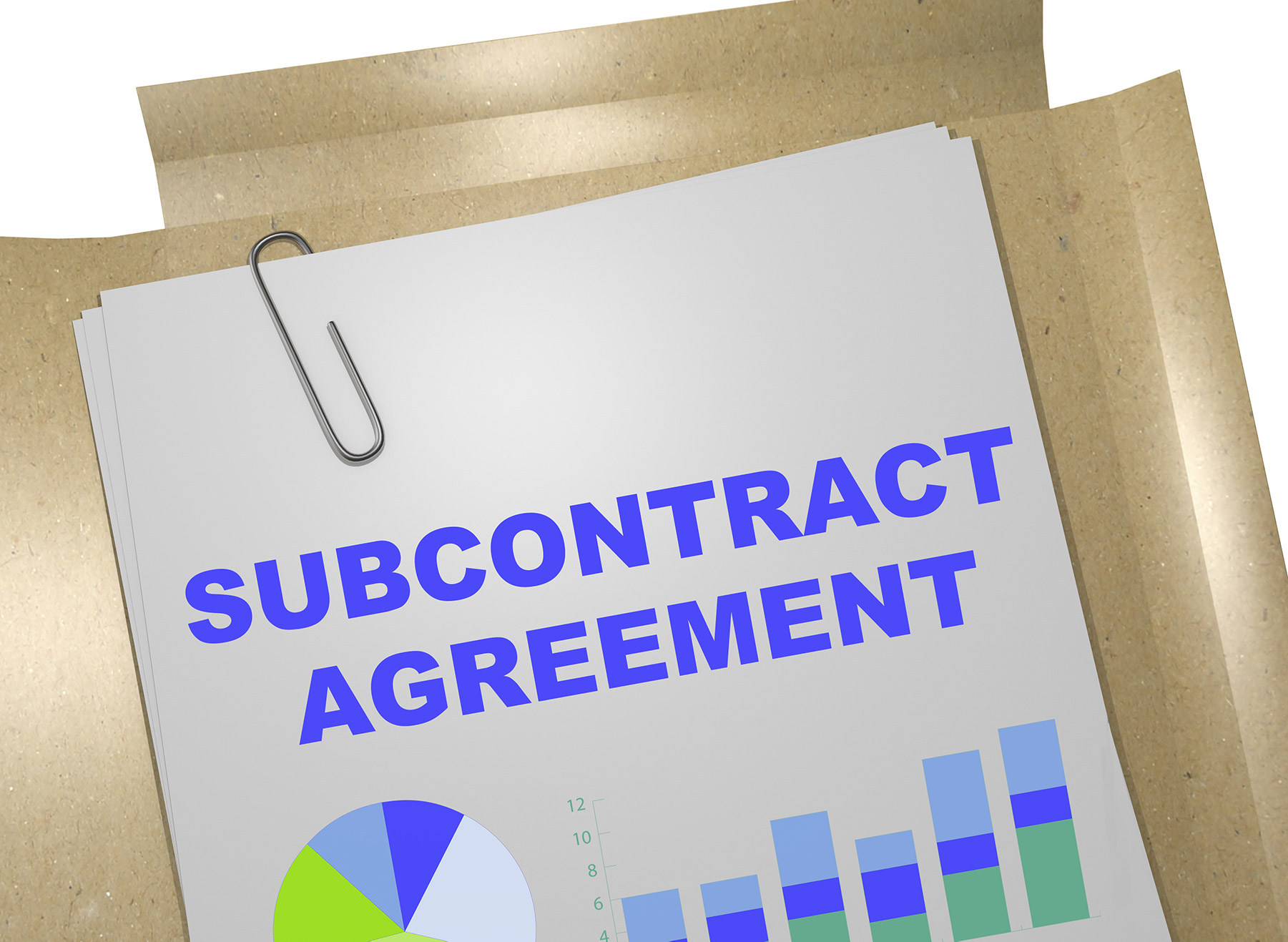

Do you understand the differences between termination and default in your construction projects? Most of the time the words “termination” and “default” are used interchangeably, but they mean two very different things. Understanding how defaults and terminations work as referenced in a subcontract is essential to your company’s success. Our blog series this month covers everything you need to know about termination and default, convenience clauses, and preventive steps you can take to protect yourself and your business from a termination.
You are considered to be in default when you do not complete everything that is required by the contract. You must accomplish everything that is in that sixty-plus page subcontract to keep from being in default. Failing to even fulfill the smallest requirement of the subcontract will put you in default. For example: failing to provide daily reports, being one day late turning in your pay application, etc. are considered defaults, no matter how minor they seem.
A notice of default is any written notification that states the general contractor thinks you are failing to perform your responsibilities under the subcontract. A notice of default does not have to be a letter from an attorney, it does not have to be sent certified mail—it could be as simple as a text or an email. If the general contractor sends you an email letting you know you did not turn in a daily report, that is considered a notice of default. If the project manager sends you a text saying you do not have enough guys on the project and you are working too slow, that is a notice of default. The most important thing you can do is immediately respond in writing, stating why you disagree with the claimed default, if there is something you need to correct, or how you will fix the default.
Bottom line, being in default can relieve the general contractor’s obligation to pay you. There is a rule under the law that states if one party to an agreement fails to comply with the agreement, the other party does not have to hold up their end of the bargain. If you are in default under the subcontract, no matter how minor it is, that will be considered failing to comply with the agreement. At that point, the general contractor does not have to hold up their end of the bargain and pay you. Being in technical default can prevent you from being paid. This is why knowing, understanding, and performing all the requirements of the subcontract are so important.
Termination means you have been fired from the project, you have not completed your work, and the general contractor will complete your scope. Under the current state of subcontracts, there are two different types of termination. The first is Termination for Cause, this occurs when you have been given a notice of default and you have failed to correct the issue. The subcontract will set forth the exact amount of times you have to fix the default, so make sure to read it and be familiar with the timelines. Just because you receive a notice of default does not mean you will be terminated. The best practice is to respond to all notices of default in writing. The second type of termination is Termination for Convenience. This will be defined and addressed in detail in next week’s blog.
There are so many details to consider when you sign a contract. Even the finest details matter and you need to be aware of what you can be held liable for. Do not find yourself during any part of the project, not getting paid for what you are owed. If you do not know where to start, contact us so we can help you walk through every step of your subcontract. Joseph Munoz will teach you how to best protect yourself and your business from termination at our free webinar on November 17 at 12pm. Sign up today! We look forward to seeing you.
Karalynn Cromeens is the Owner and Managing Partner of The Cromeens Law Firm, PLLC, with over 17 years of experience in construction, real estate, and business law. A published author and passionate advocate for contractors, she has dedicated her career to protecting the businesses her clients have built. Karalynn is on a mission to educate subcontractors on their legal rights, which inspired her books Quit Getting Screwed and Quit Getting Stiffed, as well as her podcast and The Subcontractor Institute.

